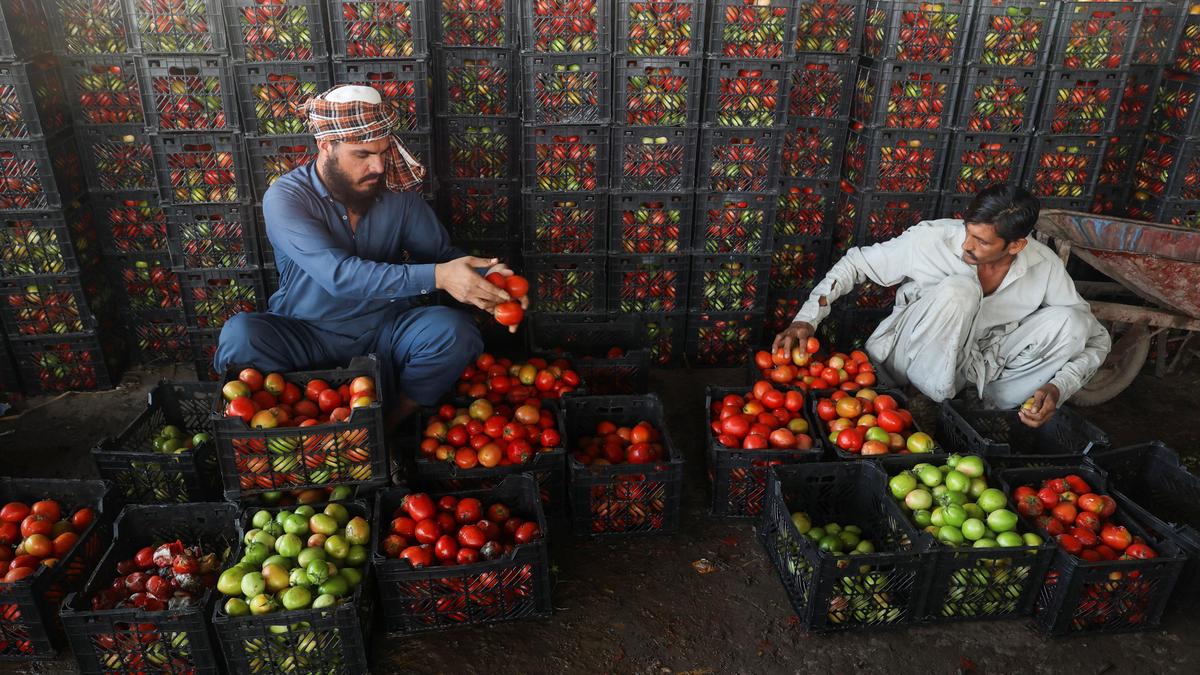Pakistan-Afghanistan Trade Suspension: Perishable Goods Prices Soar After Taliban Directive & Defence Minister's Remarks
 Pakistan
Business
Pakistan
Business

Pakistan faces soaring perishable goods prices after Afghanistan's Taliban government halted trade. Defence Minister Khawaja Asif claims the move benefits Pakis
Pakistan Faces Perishable Goods Price Hike Amid Afghanistan Trade Suspension
The recent decision by Afghanistan's Taliban government, instructing its traders to cease all commercial activities with Pakistan, has led to immediate and significant economic ripple effects across Pakistan. This abrupt halt in bilateral trade is notably impacting the prices of perishable goods, causing them to surge in Pakistani markets.
Defence Minister's Optimistic View vs. Market Reality
Interestingly, Pakistan's Defence Minister, Khawaja Asif, voiced an optimistic outlook following the Taliban's directive. He publicly stated that this trade suspension would ultimately benefit the people of Pakistan. However, this assertion stands in stark contrast to the immediate market realities, where consumers are already grappling with increased costs for essential items.
Impact on Essential Commodities
Perishable commodities, including a variety of fruits and vegetables, are particularly vulnerable to such trade interruptions. Their rapid spoilage necessitates efficient supply chains and cross-border movement. Disruptions, as currently observed, quickly translate into supply shortages and inflationary pressures. Historical imagery, such as photos from bustling wholesale vegetable markets in Peshawar, serve as a reminder of the significant volume of goods that typically flow between the two nations, underscoring the severity of the current trade standstill.
Broader Implications of the Economic Standoff
This evolving trade dispute highlights the intricate and often fraught relationship between Afghanistan and Pakistan. Beyond the immediate economic strain on consumers, the situation poses broader questions about regional trade stability and the diplomatic ties between the two neighboring countries. As events unfold, the focus will remain on how this economic standoff is managed and its long-term implications.